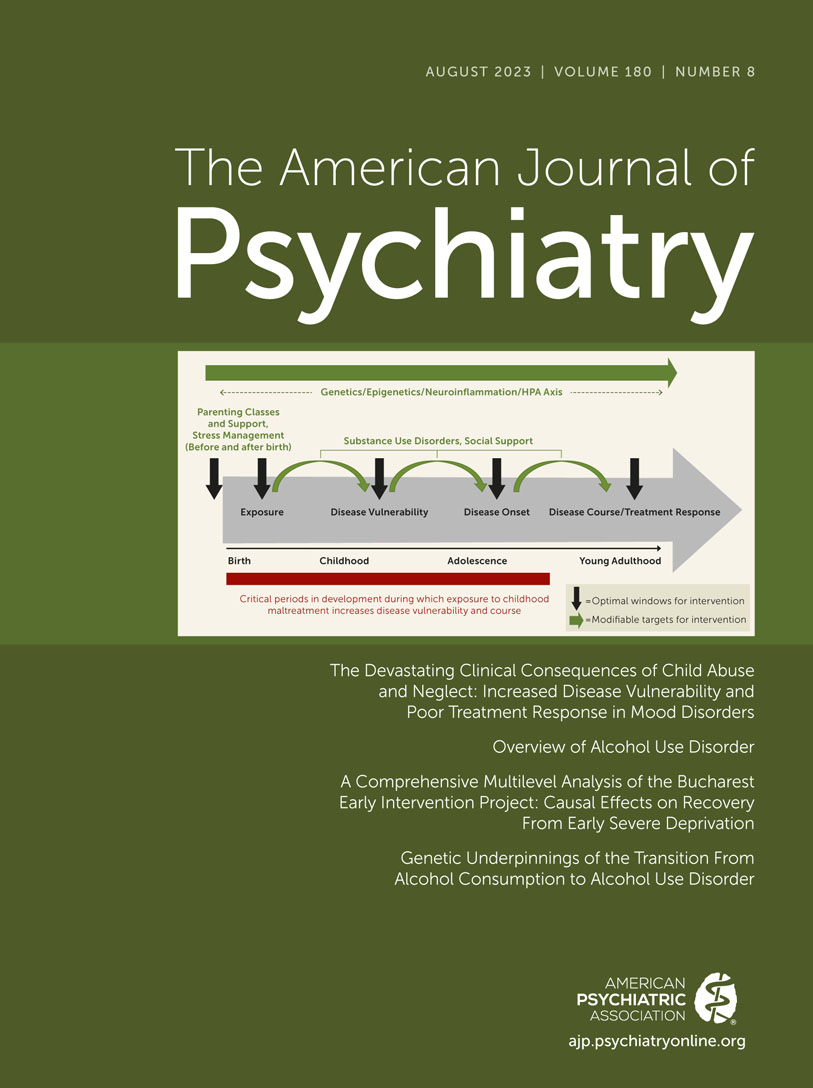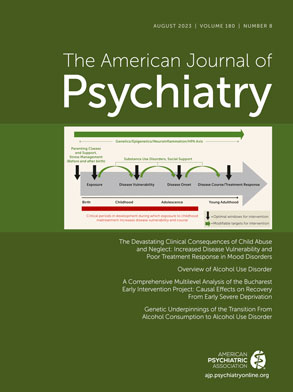It is now my honor to call the 175th annual meeting of the American Psychiatric Association, the oldest medical specialty society in the United States, to order. It seems like just yesterday that we were here celebrating the 175th anniversary of our association back in 2019. Where then, we celebrated our past, the events of the past few years have underscored the importance of innovation, collaboration, and of claiming our future as experts in the connection between “mind, brain and body.”
In spite of the challenges we have faced, I can say with confidence today that the state of the American Psychiatric Association is strong. APA membership numbers are increasing once again with COVID behind us, and we now represent more than 38,000 psychiatrists from all over the world. Our membership is trending younger and more diverse in race, gender, and geography. As an association we are embracing and supporting this change, as it is a reflection of the ever-diversifying patient population in our country.
International medical graduates, or IMGs, are a growing segment of our membership and a critical part of the American health care system. I myself am an IMG, and am heartened to see how our members are ensuring that IMGs feel supported and are successfully integrating into our profession.
Principles of diversity, equity, inclusion, and belonging are integral to everything we do at APA and inseparable from our mission as an association. Equality and health equity cannot truly happen unless we address the social determinants of health and mental health that cause and worsen barriers and gaps in care. These principles are our guiding light as we work to support and facilitate diversity in our profession and improve access to high-quality mental health care for minoritized and underrepresented groups, in addition to women and the LGBTQ+ community.
Addressing this and other persistent challenges will require planning, dedication, and hard work. These are the qualities that the members and staff of the APA have in abundance. We must embrace this spirit as we look to the future of our profession. Collaboration, innovation, and leadership are key components of progress for psychiatry and for the future of mental health care in America.
The theme of our meeting this year is a timely one. In order to chart the best course for our future, we must collaborate with other medical specialties and outside groups, pursue and embrace innovative treatments, technologies, and solutions to persistent problems, and motivate our members and psychiatrists everywhere to take a leadership role in affecting positive change in our profession.
Collaboration is especially important as we look to the future. The reality is that most patients who need care for a mental illness or substance use disorder first encounter care in an emergency department or primary care setting. For years we have championed the benefits of the collaborative care model to address the immense demand for mental health care, reduce costs, and improve outcomes for our patients.
Innovative models of care that emphasize the total health of a patient are the way forward. We as psychiatrists, in partnership with our patients, will be empowered to take a leading role in the direction of their care, because there is no health without mental health. That is a key message that will serve as a gateway for all our work in the near future. As experts in the connection between mind, brain, and body, it is our duty to reframe the perception of mental illness, encourage patients to seek treatment, and leave the term “stigma” in the past where it belongs. We must also continue our advocacy for payment parity and resource equity for psychiatrists.
Mental health was once something that was talked about in hushed tones, or not at all, outside of a psychiatric setting. Today, we are seeing a remarkable and most welcome move toward frank and honest conversations about mental health. This is being led by the younger generation, who see it as just another part of their overall health that needs attention.
It is especially beneficial when public figures with large platforms are open about their mental health diagnoses. Athletes like Michael Phelps and Simone Biles, and congressional leaders like Senator John Fetterman and U.S. Representative Ruben Gallego, are among some of the public figures who have recently discussed their struggles with mental health in an honest and positive way and emphasized treatment and recovery. They are our role models.
Even today when mental health is a big topic in our national conversation, it is still incredibly difficult for anyone to admit, whether in a public forum or just to a friend in confidence, that they have been struggling. I applaud anyone who makes the choice to have the discussion and who seeks support from a friend, loved one, and/or a professional to get help.
As psychiatrists we need to use our knowledge and expertise to make every American see that mental illnesses are treatable conditions just like hypertension or diabetes and, most importantly, empower them to seek treatment if and when they need it. With this in mind, I am pleased to announce the launch of a national campaign by the APA Foundation dedicated to encouraging Americans in need to seek treatment for mental health and substance use disorders.
Our goals for this campaign are to reinforce the idea that the work that psychiatrists do every day is essential to the health and wellbeing of our nation, educate about how treatment works, and that it is courageous and life-affirming to seek it out, and highlight that a mentally healthy nation is something well worth any investment of time and money.
We must emphasize that no one is immune from mental health challenges, nor is anyone beyond help. By embracing our humanity and promoting community, we can socialize the idea that mental illness and addiction are not moral failings but are treatable illnesses just like any other physical ailment. I hope this inspires you as much as it does me.

